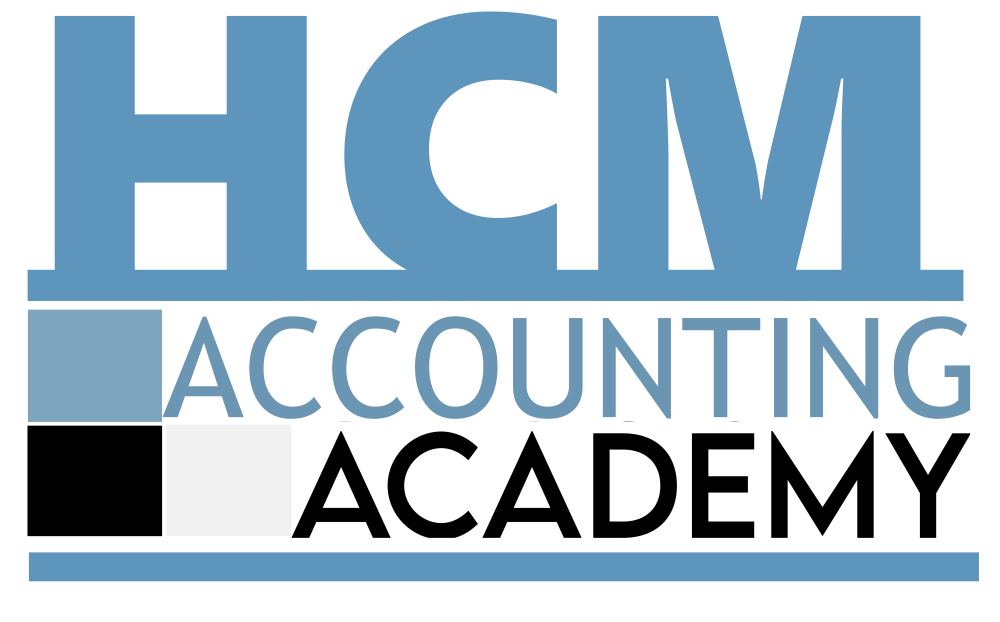Opportunity:

Sustainability Accounting FinTech (SAF) impacts income statements and available cash; therefore, the ability to link non-GAAP reporting and metrics to GAAP reporting. For this, FinTech “SAF” impacts the Sustainability Working Groups set up by banks and CCRs, whether they are
- Sustainability Integration Team,
- Employee Sustainability Network,
- ESG Investments Working Group or
- ERM Sustainability Working Group.
Banking and CCRs' Goal:
- Meeting the “General criteria on loss data identification, collection and treatment” (BCBS, Dec. 2017) for the 100% LCR required since January 1, 2019 as well as the Minimum Capital for operational risk from January 1, 2023, programming and absorbing COVID-19 deficits on a 3-year plan based on the ADDED VALUE of TOTAL PAID WORKFORCE, the Bank risk appetite threshold and that of CCRs aligned with the risk appetite threshold of insurance companies considering NAIC Own Risk and Solvency Assessment (ORSA) Guidance as of December 2017.
Holistic management fintech for the deadline of January 1, 2023:
The challenge of FinTech innovation recommended by the FSB (June 27, 2017), US Non-GAAP financial measures (SEC, April 4, 2018) and laws in force, including European Directive (EU) 2017/828 for the relevance of ESG reporting for access to capital, in particular the Working Capital Requirement (WCR) and the financing of investments, is to complement the IT of the Business units with the IT of cross-cutting interaction generating earnings through financial internal performance digitalization:
- "Internal loss data are most relevant when clearly linked to current business activities, technological processes and risk management procedures". (BCBS, Dec. 2017).
